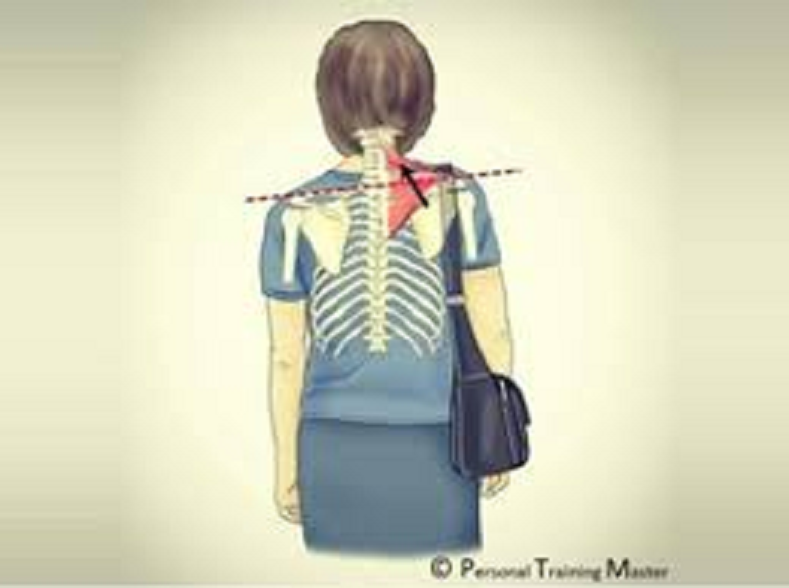Microplastics can increase the risk of breast cancer. know how everyday habits are becoming dangerous?
- bySherya
- 17 Oct, 2025

Research has shown that some of the chemicals in these microplastics can affect hormones, specifically altering the hormone estrogen, which contributes to an increased risk of breast cancer.
We all use plastic in our daily lives, but did you know that tiny microplastic particles can be dangerous to our health? Recent research has revealed that some chemicals present in these microplastics, such as BPA and phthalates, can affect hormones. Specifically, they can alter the estrogen hormone, which helps increase the risk of breast cancer. According to this research, microplastics do not directly cause cancer, but the chemicals present in them can enter the body and disrupt hormonal balance. This hormonal imbalance is considered a major cause of breast cancer. So, let us now tell you about those everyday habits that are increasing the risk of breast cancer.
Everyday habits that are becoming dangerous
- According to experts, women in today's lifestyle often unknowingly come into contact with this harmful chemical. Plastic food and water containers are a major source. Heating food or drinking bottled water in plastic containers, especially when exposed to sunlight or high temperatures, can release harmful chemicals into food and water.
- Personal care products and cosmetics can also pose a risk. Many lotions, creams, and scrubs contain microbeads or plastic materials, which can penetrate the skin.
- Food packaging also falls under this category. Takeaway containers, cling film, and other packaging can release plastic particles into hot or oily foods, which can enter the body and cause hormonal imbalances. Experts say hormonal imbalances, especially overactive estrogen, can be a risk factor for the development of breast cancer.
How to reduce the risk of breast cancer?
Research is still ongoing to establish a direct link between low microplastics and breast cancer. However, experts believe that adopting a healthy lifestyle can reduce these risks. Experts recommend that women use glass or steel containers instead of plastic for food. Additionally, when choosing personal care products, they can use products labeled microplastic-free or phthalate-free.




